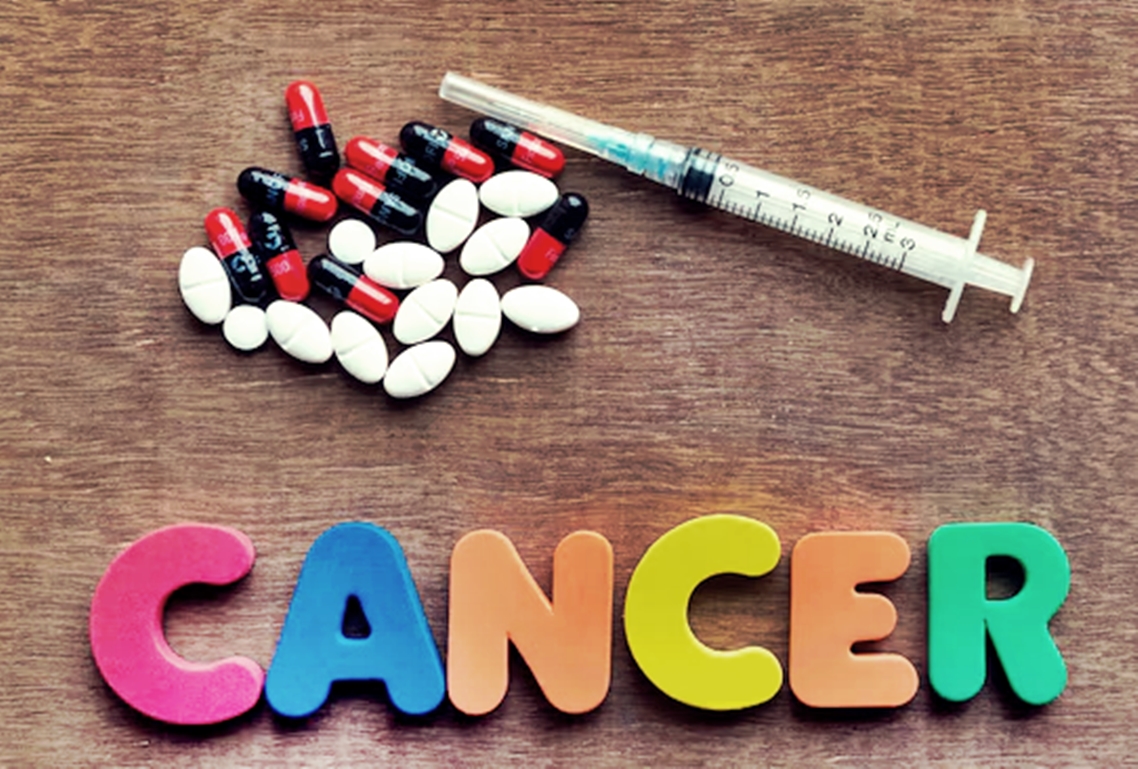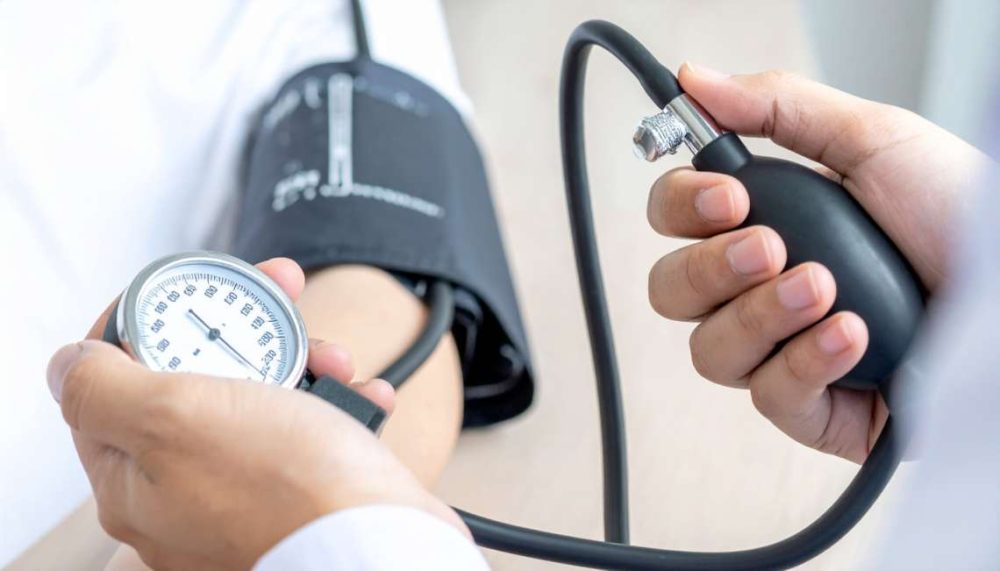With the increase in cancer rates, the research calls for more proactive public health strategies, emphasizing early detection, lifestyle changes, and continued focus on reducing cancer mortality through improved medical care and awareness
New research reveals that older and middle-aged adults face a significantly higher risk of both developing cancer and dying from it. The study, led by the Indian Council of Medical Research (ICMR), examined trends in cancer incidence and mortality over the past two decades.
The findings, published in The Lancet Regional Health Southeast Asia, show that adults aged 70 and older have the highest cancer risk, with over 10% of them likely to develop cancer and 7.7% facing death from it. For those in the middle-aged group (15 to 49 years), the risk is slightly lower, with 8.3% facing a cancer diagnosis and 5.5% likely to die from it.
This data underlines the urgent need for targeted health interventions, particularly for older and middle-aged individuals who represent about 70% of cancer cases and deaths. As the population continues to age, cancer rates are expected to rise, with an estimated 2% annual increase in cancer cases.
The study’s analysis, which utilized data from the Global Cancer Observatory (GLOBOCAN) and the Global Health Observatory (GHO), covered 36 different types of cancer across various age groups and genders. Notably, it revealed that three out of every five people diagnosed with cancer are likely to die from the disease.
In terms of specific cancers, the study highlighted that breast cancer remains the most prevalent among women, accounting for 13.8% of new cases, followed by cervical cancer at 9.2%. These findings emphasize the ongoing burden of cancer, particularly among women, and the need for continued research and treatment options.
With the increase in cancer rates, the research calls for more proactive public health strategies, emphasizing early detection, lifestyle changes, and continued focus on reducing cancer mortality through improved medical care and awareness.

Exercise Boosts Survival Rates
A new study suggests that higher levels of physical activity may not only lower the risk of developing cancer but could also significantly improve survival rates in cancer survivors after treatment.
Researchers from Louisiana State University focused on long-term survival in individuals who had undergone treatment for colon cancer, a group known to face higher mortality rates compared to the general population.
To explore whether exercise could help bridge this survival gap, the team analyzed data from two post-treatment trials involving 2,875 stage 3 colon cancer patients who self-reported their physical activity levels after surgery and chemotherapy. Physical activity was measured in terms of metabolic equivalent (MET) hours per week, with health guidelines recommending 150 minutes of moderate-intensity exercise weekly, or about 8 MET-hours per week.
Published in the peer-reviewed journal CANCER, the study revealed striking findings. Patients who reported less than 3 MET-hours per week had a 17.1% lower survival rate over the next three years compared to the general population. In contrast, those who exercised more than 18 MET-hours per week had only a 3.5% lower survival rate than the matched population.
In a second trial, the disparity was similarly evident: patients with less than 3 MET-hours per week had a 10.8% lower survival rate, while those with more than 18 MET-hours per week had just a 4.4% reduction in survival compared to the general population.
These results suggest that higher levels of physical activity may reduce and even eliminate survival disparities in colon cancer survivors.
“This new information can help patients with colon cancer understand how factors that they can control—such as their physical activity levels—can have a meaningful impact on their long-term prognosis,” said lead author Justin C. Brown from the Pennington Biomedical Research Center and Louisiana State University Health Sciences Center.
The study emphasizes the positive influence regular exercise can have on cancer survivors, encouraging them to adopt healthier, active lifestyles for better long-term outcomes.














